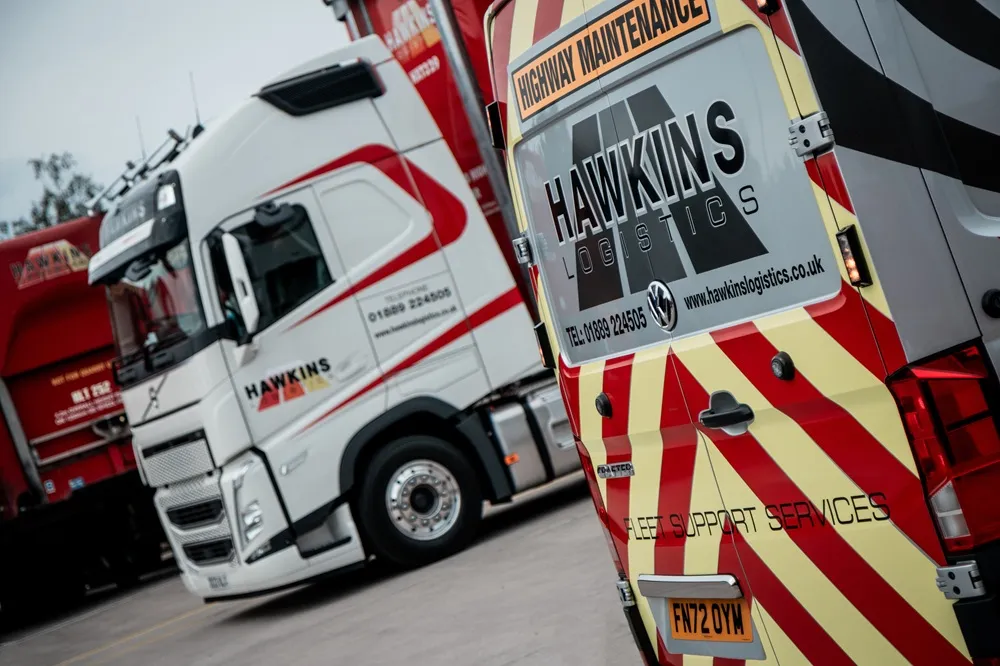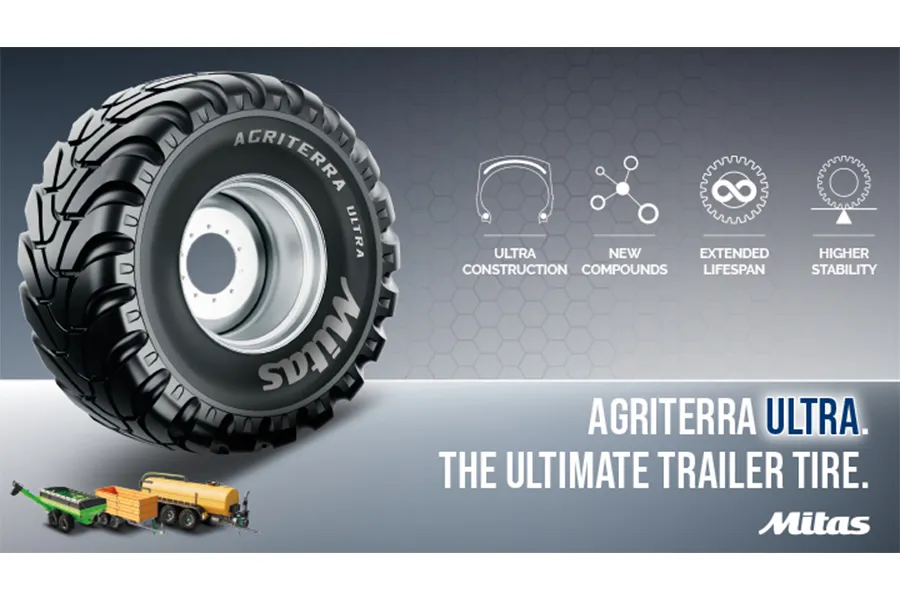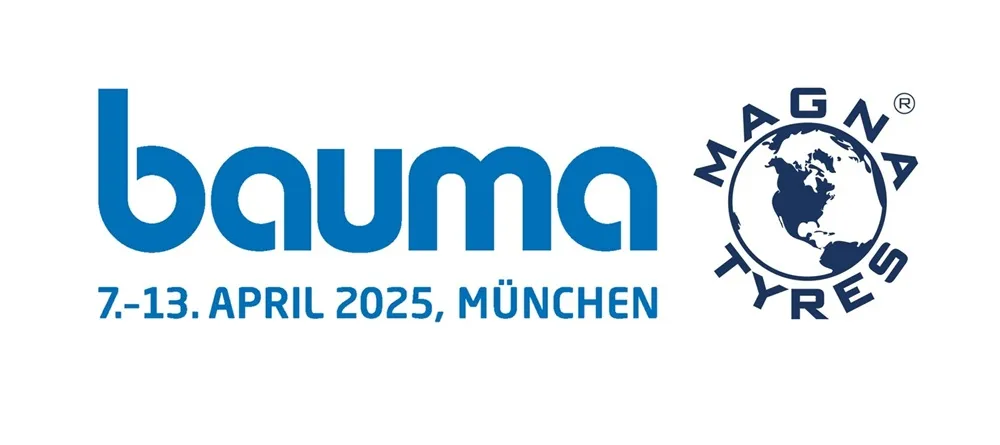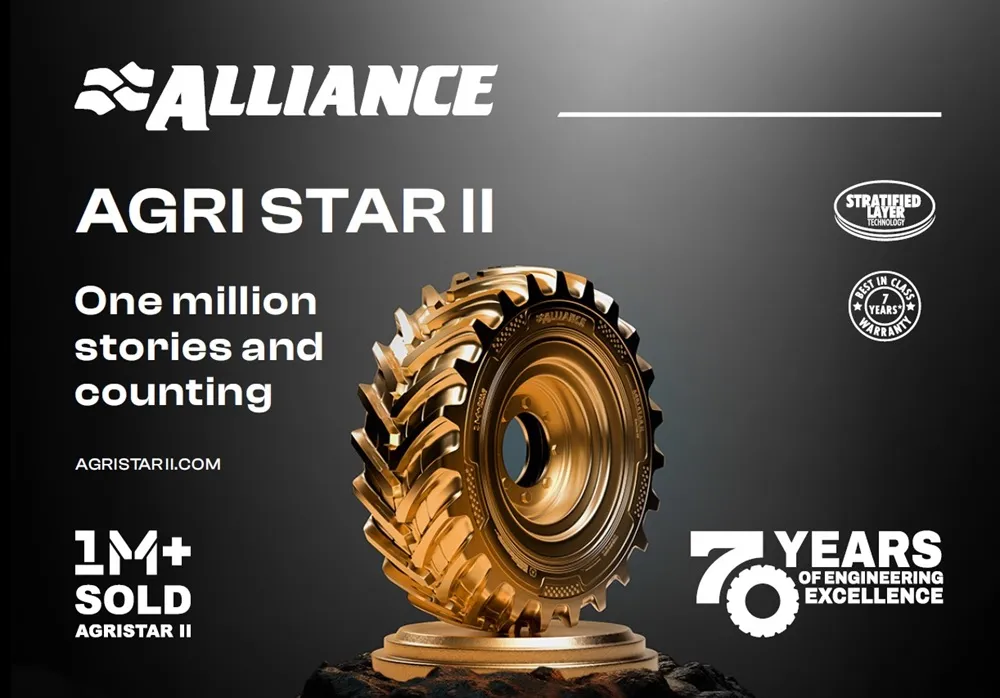As we reach part 8 in our series on tyre retreading for Commercial Tyre Business, we talked to Jon Cottrell, UK Sales Manager for Truck and Bus Radial tyres at Hankook Tyre UK about how the extension of the company’s Alphatread range will help enhance its retread commitment towards the UK, why tyre manufacturers need to have a well-oiled approach to end users to survive and how independent retailers have a unique niche within the market.
Hankook Looking to Extend Retread Coverage Across the UK Market
Hankook’s Alphatread range has helped keep the company a viable and serious retread contender in the UK and European retreading markets. The Alphatread range is a hot-cure product manufactured under license by independent retreading plants across Europe. Over time, Hankook has continued to invest in the range and at this moment have an ongoing plan to reach 85% coverage in both range and size offerings for the UK market.
The UK Sales Manager for Truck and Bus Radial tyres at Hankook Tyre UK said, “we (Hankook) are currently investing in the retread range offer with tread pattern moulds currently under production for the R-DH31, a successful Hankook drive axle pattern. Further range and size expansion is planned to give Alphatread at least 85% range and size coverage for the UK market.”

Cottrell believes the success Hankook has achieved is in part due to its overall offer. Cottrell explains that, “a retread offering to fleets is a crucial part of any robust fleet tyre management programme, which supports its ESG (Environmental, Social, and Governance) policy. Casing management and retread fitment options are all part of proactive tyre management and are designed to keep operating costs down.”
With the current market uncertainty caused by the Covid-19 pandemic and the subsequent problems it has unleashed within the industry, it would be fair to say that the market is proving to be quite volatile at this moment in time. Hankook, together with its Laufenn brand and its combined Alphatread range has managed to avoid some of the larger problems with its new tyre and retread combination, as well as through its operations within the UK.
With retreading being heavily dependent on high quality, reusable casings, Cottrell notes that Hankook’s market share in the UK is strong and is aided in part by the casings being acknowledged and accepted by the retreading production guidelines. Retreading remains a key element of Hankook’s sustainability strategy, which is why Hankook’s partnership with third-party casing collectors is a great way for the manufacturer to maintain a continuous retreading presence.
How Retreaders are Handling the Dual Issues of Asian Imports and Future Initiatives
It’s no great secret that the imports of cheap Asian tyres has imbued the retreading industry with greater influence and a more powerful image within the industry. Cottrell notes that fleet operators are increasingly looking forward to life on the road with a more sustainable, environmentally viable outlook.
With imports not offering a long-term solution for most fleet operators, this naturally aids retreaders across Europe. While Cottrell believes that the import fees on Asian tyres are undeniably positive for retreaders, he sees the overall picture as being how retreaders maintain a key point of difference with new tyre manufacturers that will help the market withstand single-use tyres. He notes: “The option exists to build a business model to compete in the fleet user market, with which retreaders will be successful by their overall approach to the end users demand on tyre operation.”

He adds that, “controlling fitment options, casings and delivering meaningful management information, through tyre production and supply is not enough in today’s market, so retreaders, like new tyre providers must bring added value to end users to keep ahead of the cheaply produced and imported tyre producers.”
What the issue comes down to, he believes is that tariffs will control imports from Asia, but other markets will find a route into the UK marketplace, which is what the UK market must prepare for and actively counter against.
As well as a clear, tight operating strategy for end users, Cottrell would like to see clearer environmental protocols for the tyres produced around Europe – be this in transparent casing handling or the clear environmental benefits that can be conveyed to end users.
Ending our conversation, Cottrell offered independent manufacturers definite advice for a strategy to maintain their position within the market. Like his belief that retreaders must provide clear scope for end users, that strategic focus is a non-negotiable tool for independent retreaders to stay active in the market. Their niche, he argues is for, “joint approaches and plans to meet end user needs making for an irresistible combination for fleets looking for a different type of service away from larger, more corporate tyre manufacturers.”








